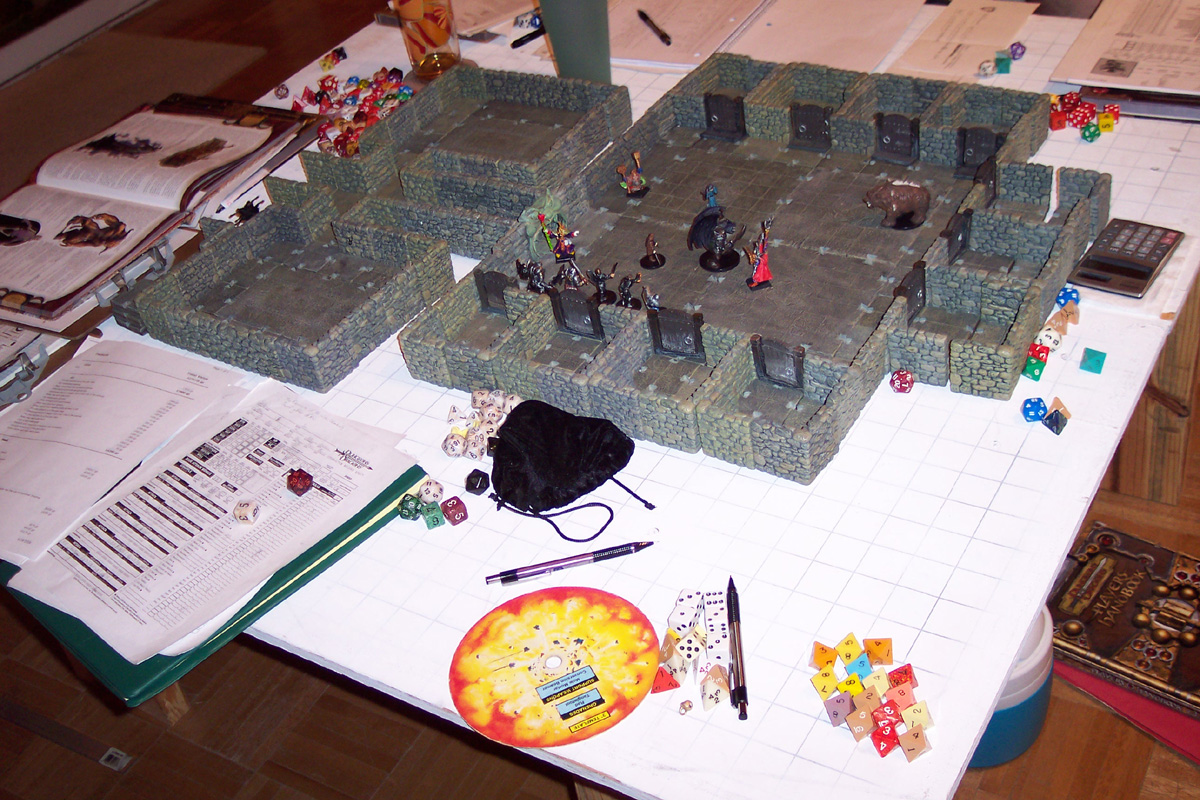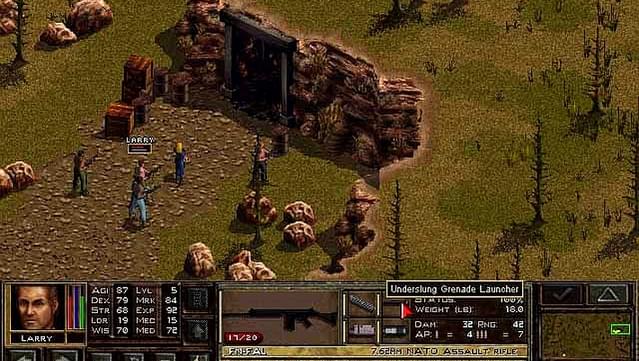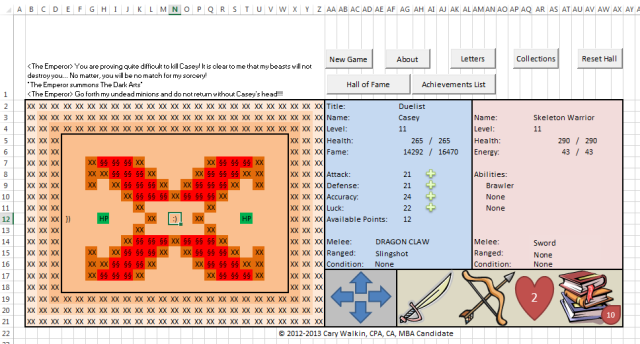Assisted Living Godzilla
Prophet
- Joined
- Nov 23, 2017
- Messages
- 4,789
USA has always been a console market first, PC market second. KotOR and Morrowind were the games that showed you could profitably sell your RPG to console players, and if those games had come out 5 years earlier, the pandering to console players would've started 5 years earlier, and we wouldn't have Arcanum or Wizardry 8. It was only the perception that RPGs were inherently niche that gave us those Golden Age classics.
You'd probably still have Arcanum and Wizardry 8, (at least in theory) they'd of just been on the PS2 or Xbox...and maybe Sir-Tech and Troika Games are still around or at least don't die when they do. If Obsidian could survive on consoles (especially with a lot of the hype around them being former Black Isle Fallout guys) I'm sure Troika could have made it; I'm actually surprised Bloodlines never got an Xbox release.
Hell, Wizardry is so fucking big in Japan (seemingly bigger there than it ever was here) that it doesn't really make any sense that Sir-Tech never took a big stab at the console market with it; especially after Final Fantasy 7 comes out in '97 and is the biggest game on the fucking planet. You'd think after FF7 you'd see the western developers making RPGs on PC at least try to capitalize on that huge success. But nothing. Their thinking almost seemed to be "well that's just a total different thing" as opposed to trying to get some of that pie for themselves. Instead of Interplay trying to figure out some way to bring the actual Fallout experience to a wider console market, (a market that already had tactical JRPGs, so it's not exactly like the combat wouldn't have been something that audience couldn't wrap their heads around) they do something like fuckin' Fallout: Brotherhood of Steel game that nobody was interested in. I know there's this dumb outlook that console gamers are just too stupid to get the types of games that were on PC, but I've never gotten this attitude, and as far as I can tell it basically did in most all the PC RPG studios that were around in the '90s outside of fucking BioWare and Bethesda.































